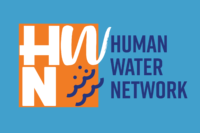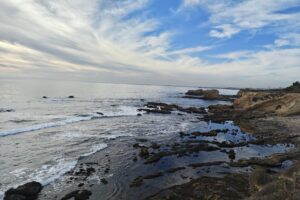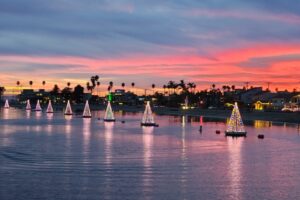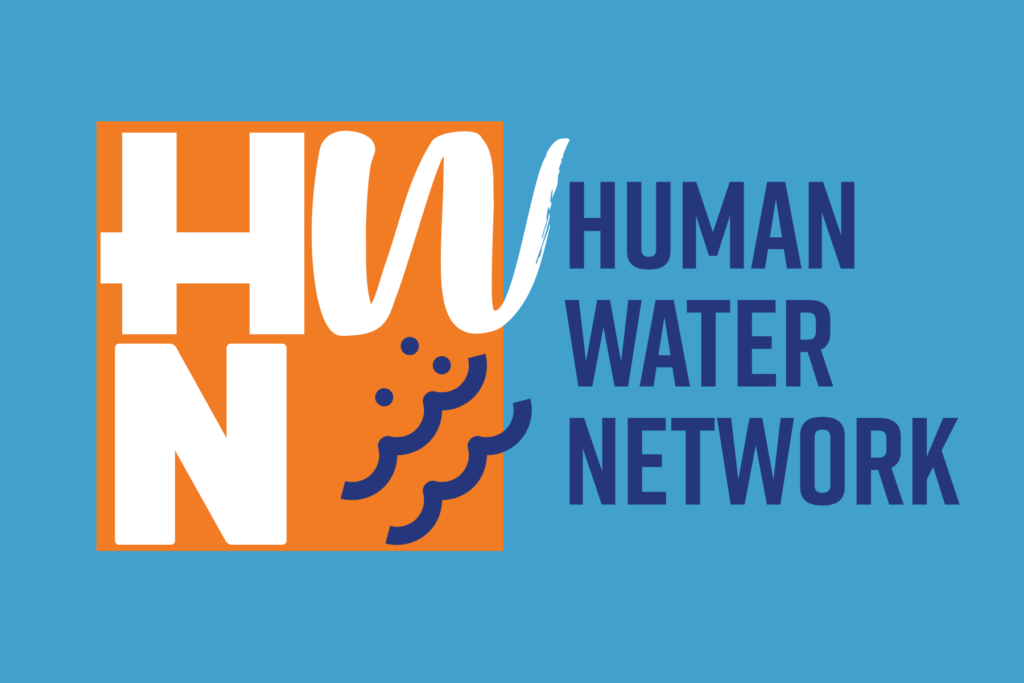Embracing Hope as a Force for Change
Staying Positive About Ocean and Wetlands Conservation in Challenging Political Times
Maintaining a hopeful outlook on environmental issues can sometimes be an uphill battle in today’s complex political climate. News of policy setbacks, cuts to conservation funding, and conflicts between economic interests and environmental protection can weigh heavily on the spirits of those dedicated to protecting our oceans and wetlands. However, it’s essential to hold onto optimism even in the face of these obstacles. Staying positive fuels ongoing efforts and inspires others to join in, amplifying the collective impact of conservation initiatives. Here are some ways to keep a hopeful perspective and stay motivated, even when times are tough.
Focus on the Wins, Big and Small
Conservation often involves long-term projects, making it easy to get discouraged by setbacks or slow progress. However, celebrating small victories is crucial. It’s these wins, whether it’s a successful beach cleanup, passing a local ordinance to protect wetlands, or restoring a specific marine habitat, that keep the focus on positive momentum and uplift our spirits. Each win, no matter how small, adds up over time, reminding us that progress is being made.
Organizations worldwide are progressing daily through research, policy advocacy, and community engagement. From bans on single-use plastics in coastal communities to successful replanting of native wetland vegetation, these initiatives reflect the powerful impact of collective action. Keeping track of and celebrating these accomplishments, no matter their size, helps remind us that progress is being made, and each positive step contributes to a more significant movement for change. It’s this collective action that empowers us and makes us feel part of a larger, impactful movement.
Engage with Like-Minded People
One of the most effective ways to remain positive is by connecting with others who share your passion for ocean and wetlands conservation. When people come together over a common goal, it creates a sense of community and shared purpose that can be profoundly uplifting. Whether through local meetups, online groups, or volunteer events, engaging with like-minded individuals builds support networks where people can share their concerns, offer encouragement, and celebrate achievements together.
These networks also help generate fresh ideas and innovative solutions, empowering participants with renewed purpose. A community’s collective wisdom and passion can transform discouraging moments into motivation, reminding us that we’re part of a broader movement filled with individuals who care deeply about the same issues.
Educate and Inspire Others
Education is one of the most powerful tools for driving change, and sharing knowledge is an effective way to uplift others and stay hopeful. Whether through social media posts, community events, or casual conversations, talking about ocean and wetlands conservation can inspire others to get involved. By spreading awareness and informing people of the challenges and the solutions, you contribute to a greater understanding of these critical issues.
Highlighting stories of successful conservation efforts around the world can be incredibly impactful. From thriving marine protected areas that provide safe havens for sea life to successful wetland restoration projects that reduce flooding and boost biodiversity, positive stories showcase what’s possible when people work together to protect nature.
Get Involved at the Local Level
Local action can be a powerful force for positive change during political challenges. While federal or international efforts may seem beyond one’s influence, focusing on regional initiatives provides a sense of empowerment and control. Local governments and organizations often play a critical role in implementing environmental protections, and there are countless ways to make a difference in your community.
Joining beach cleanups, volunteering for wetlands restoration projects, or advocating for conservation-friendly policies in your city or town can create meaningful impacts close to home. Additionally, these efforts can serve as examples for other communities, demonstrating how effective local conservation initiatives can be. Taking action within your community provides a tangible sense of accomplishment. It helps build resilience in the face of broader challenges.
Remember the Resilience of Nature
Nature has an extraordinary capacity for recovery. From coral reefs regenerating after mass bleaching events to wetlands reestablishing after restoration efforts, ecosystem resilience is a source of hope and inspiration. Remembering nature’s ability to heal and adapt can be incredibly uplifting, even when the challenges seem overwhelming.
Conservation work is often about creating the conditions that allow nature to rebound. By reducing stressors like pollution, overfishing, and habitat destruction, conservationists play a crucial role in enabling ecosystems to recover. This resilience serves as a reminder that, with dedicated effort, positive outcomes are possible—even in the face of adversity.
Take Care of Yourself
Conservation work can be emotionally taxing, especially when political challenges make progress feel difficult. Practicing self-care and ensuring you’re mentally and emotionally recharging is not just important; it’s essential. Taking breaks, spending time in nature, and celebrating progress are all important ways to prevent burnout and maintain a positive outlook. Conservation is a marathon, not a sprint; maintaining a hopeful perspective requires caring for yourself. Remember, you are valued, and your well-being is crucial to the success of our cause.
Embracing Hope as a Force for Change
It can be difficult to remain optimistic about ocean and wetlands conservation in challenging times. Still, optimism is vital to driving lasting change. By focusing on small wins, connecting with others, spreading awareness, taking local action, recognizing nature’s resilience, and prioritizing self-care, conservationists can stay motivated and continue working toward a healthier planet.
Ultimately, hope is an essential part of the conservation movement. It drives action, inspires others, and reminds us that our efforts, no matter how small, contribute to a more significant cause. Even when political circumstances are difficult, staying hopeful ensures we remain committed to protecting our oceans and wetlands for both present and future generations.





